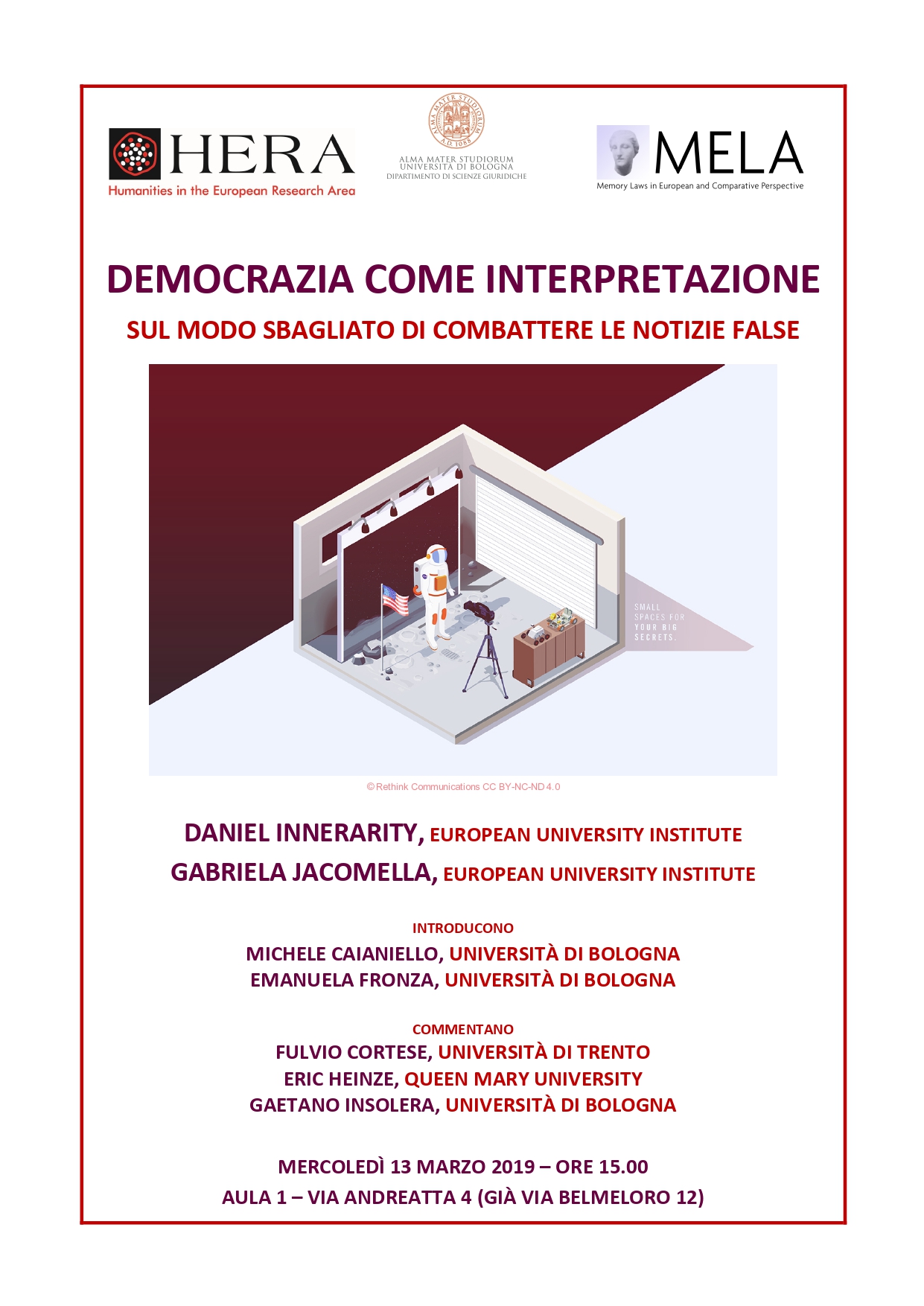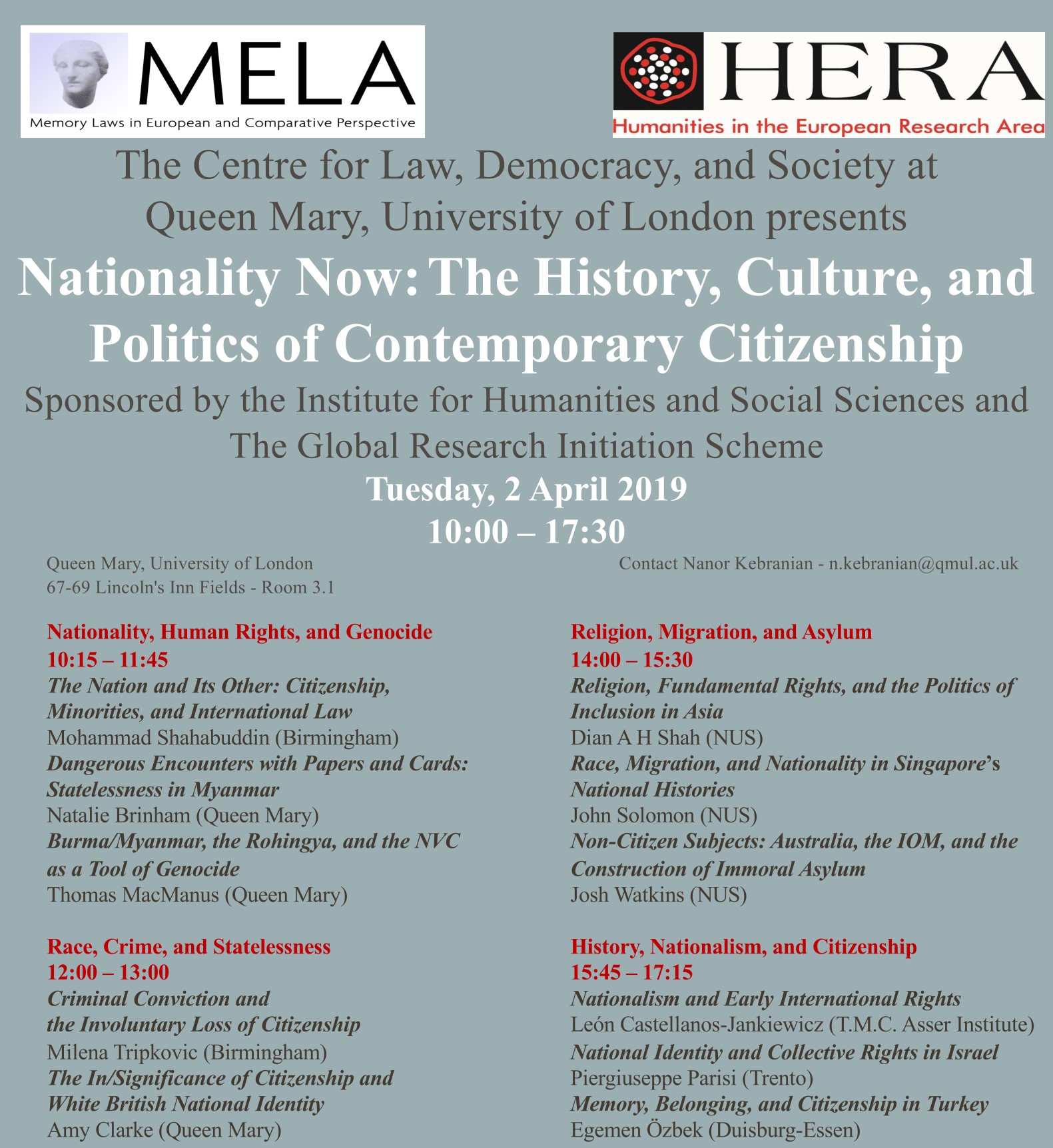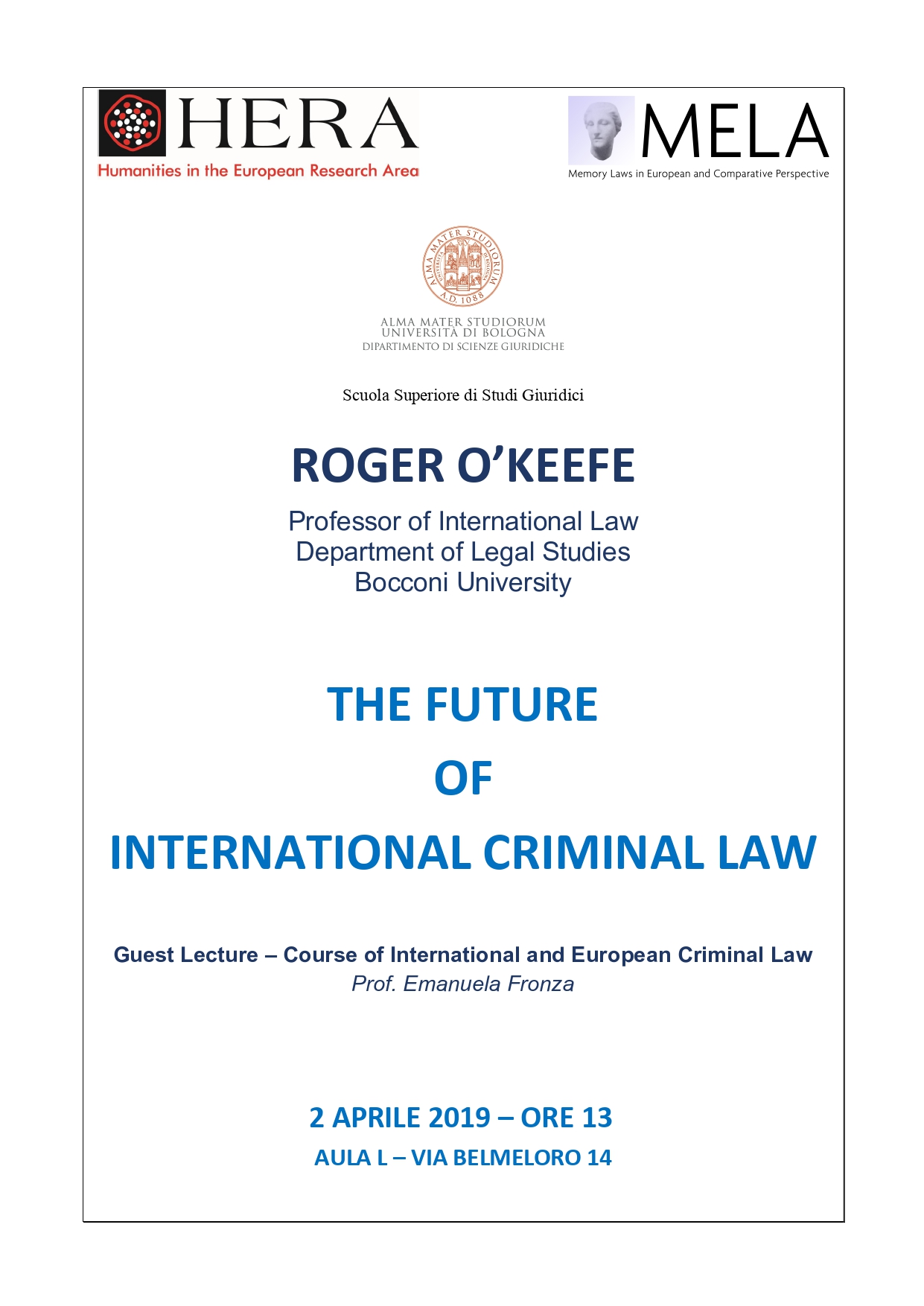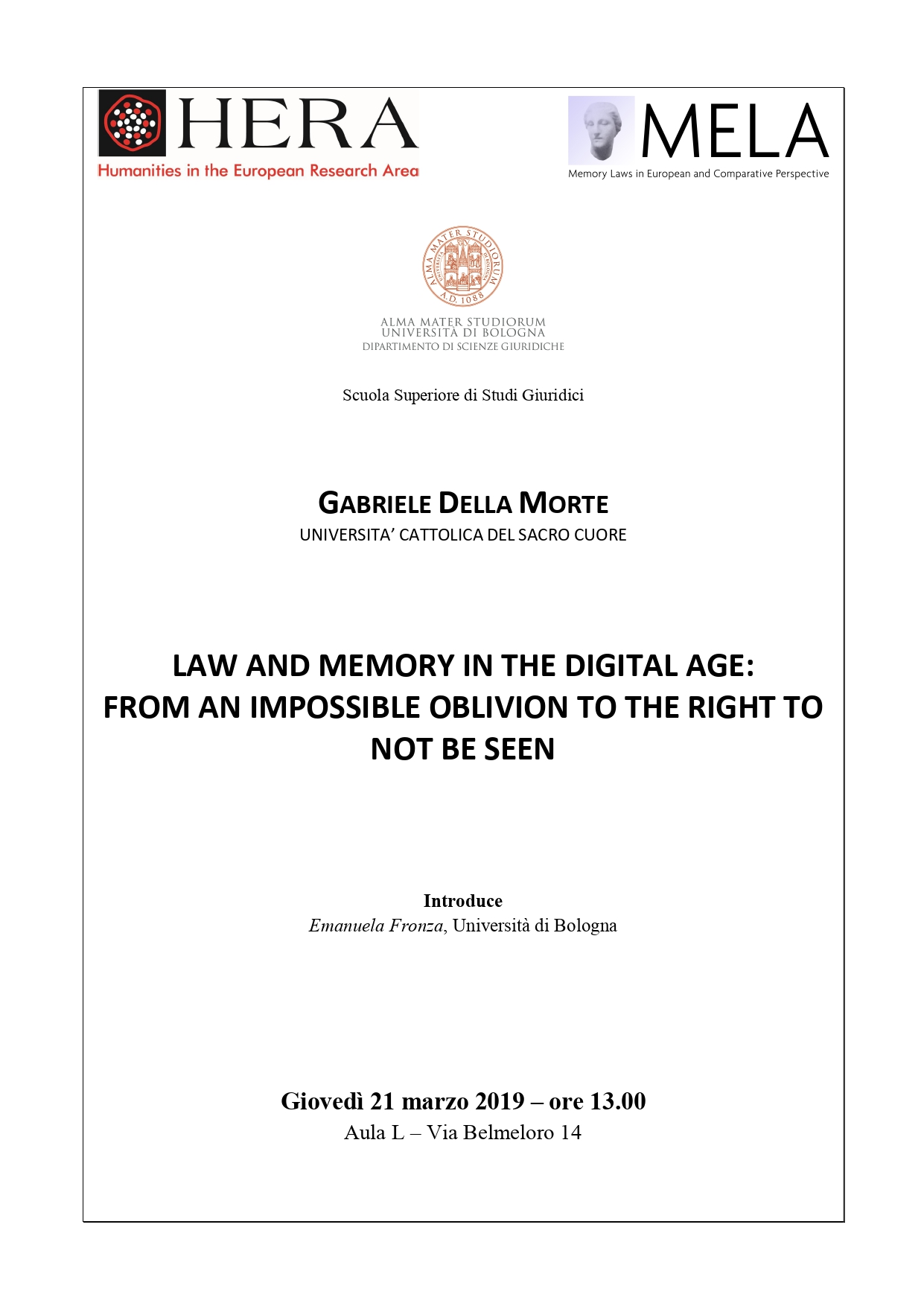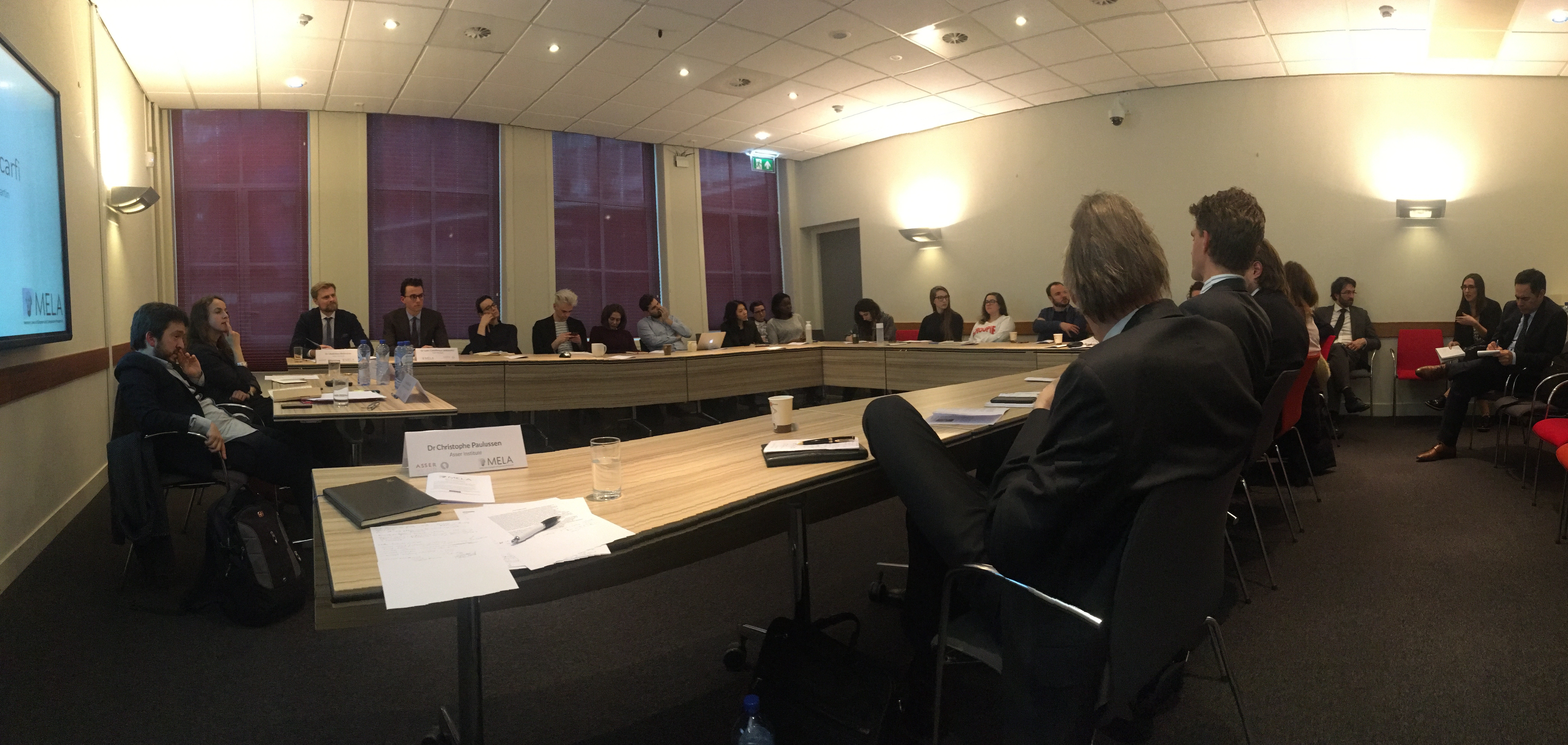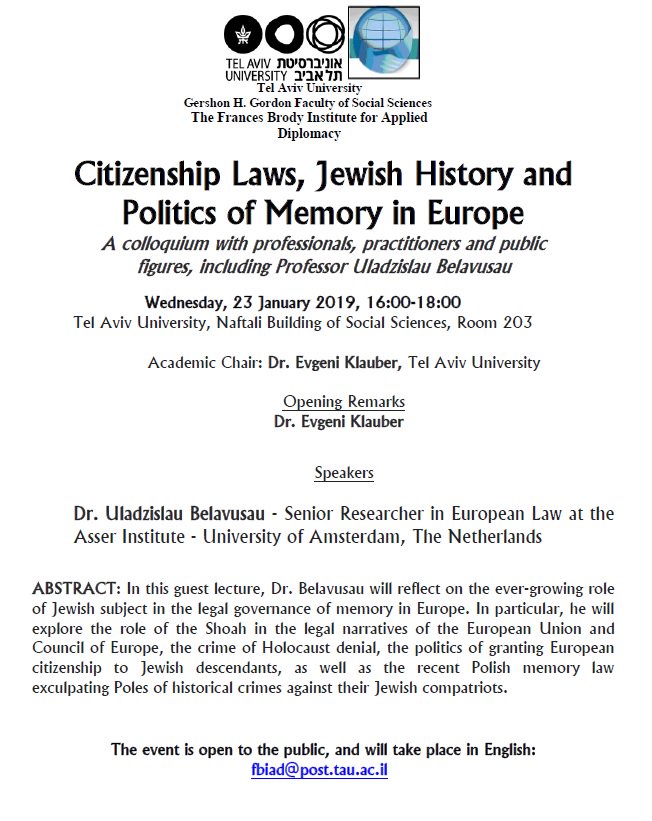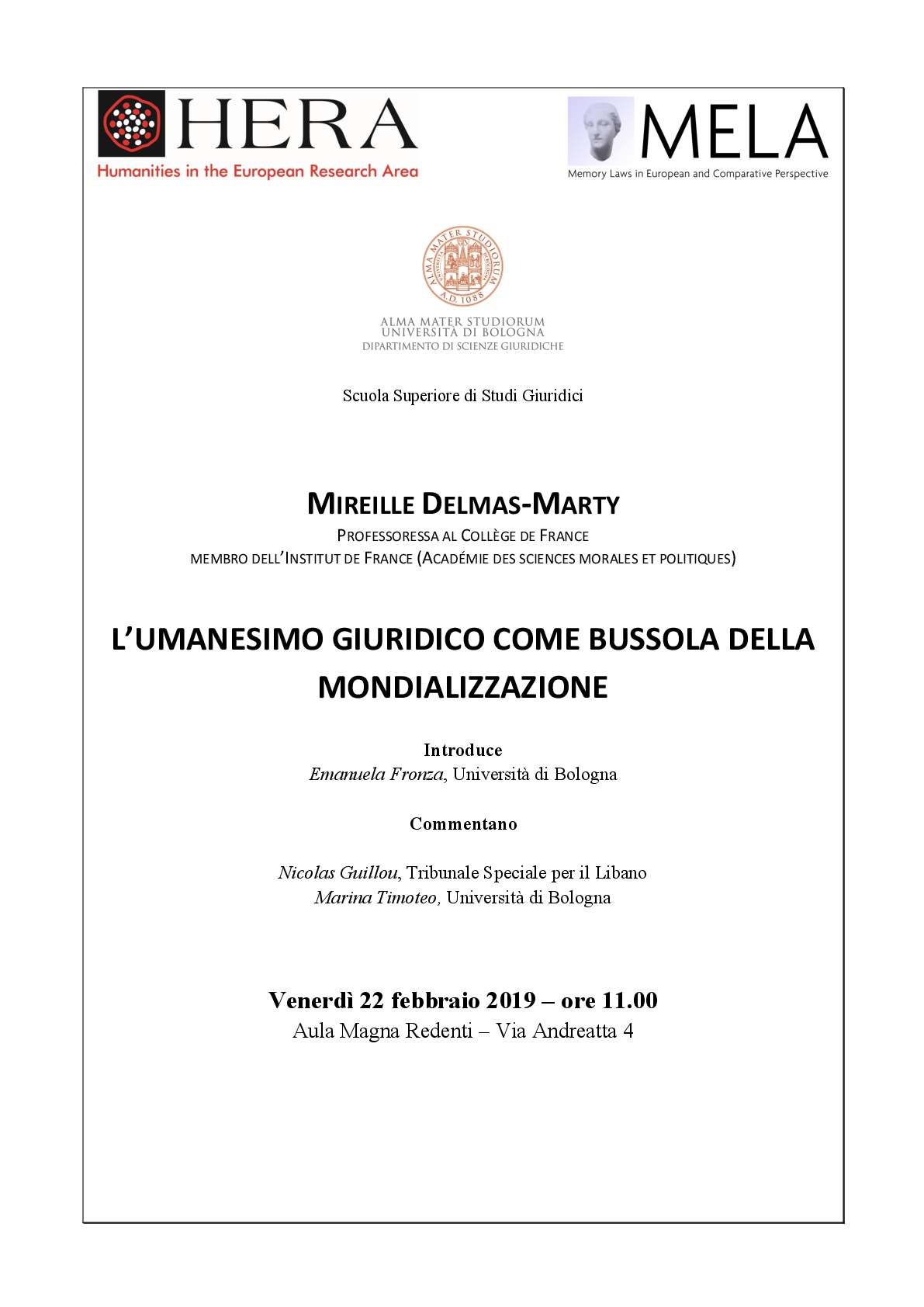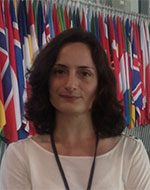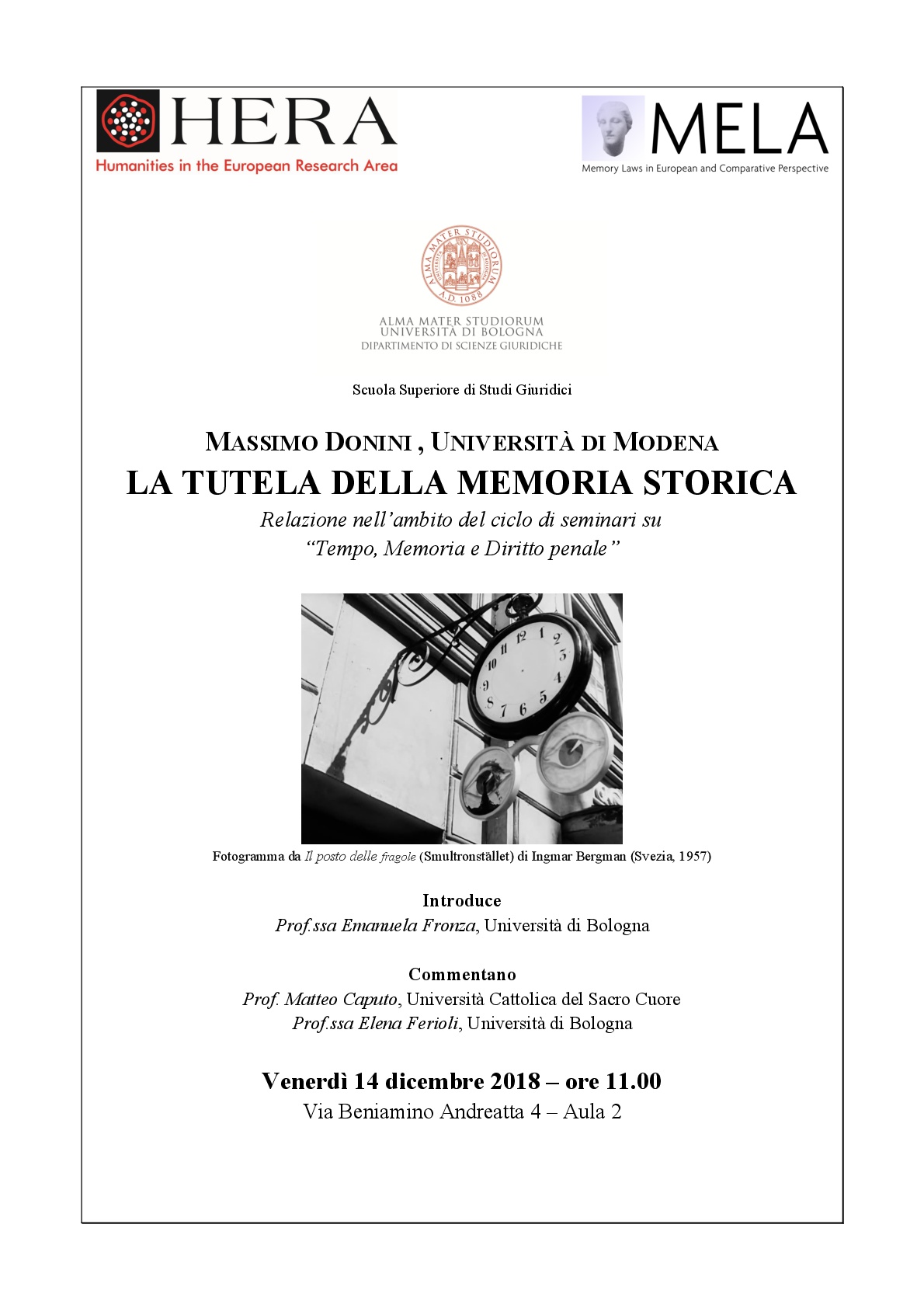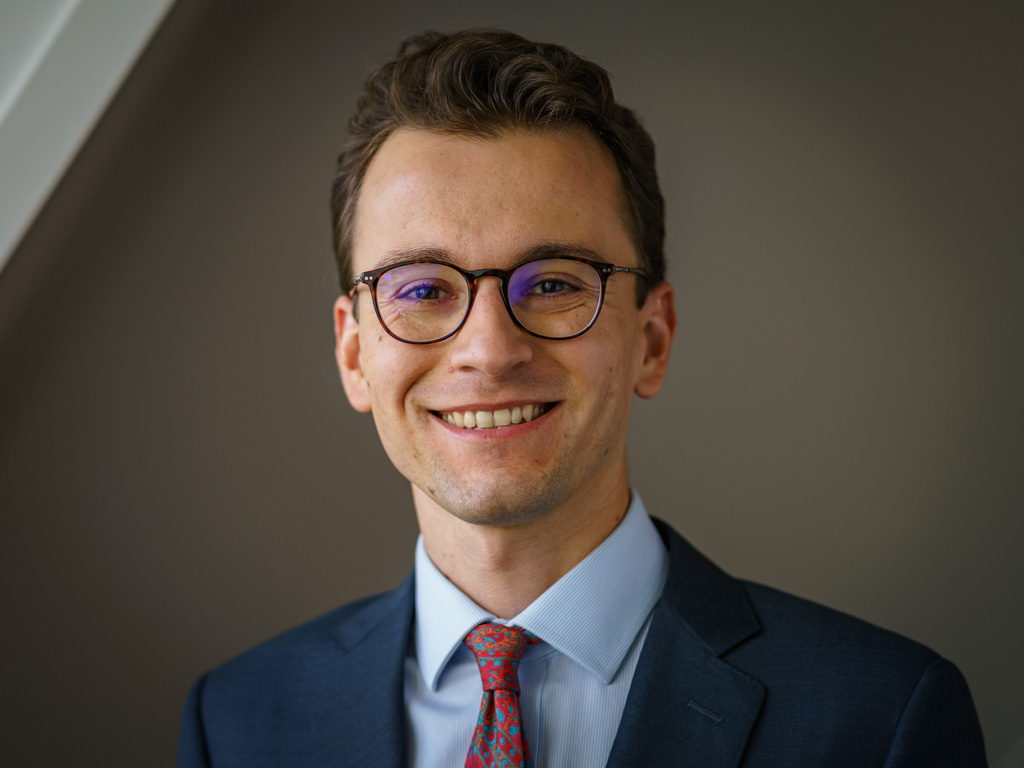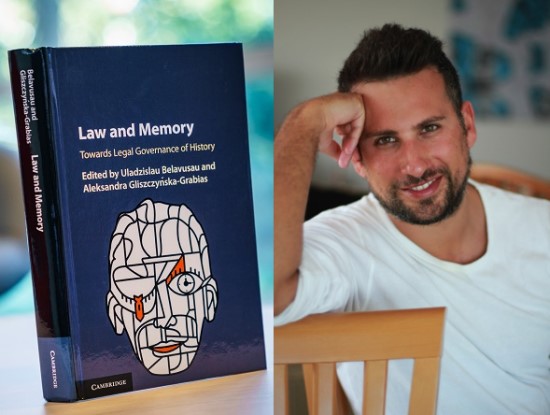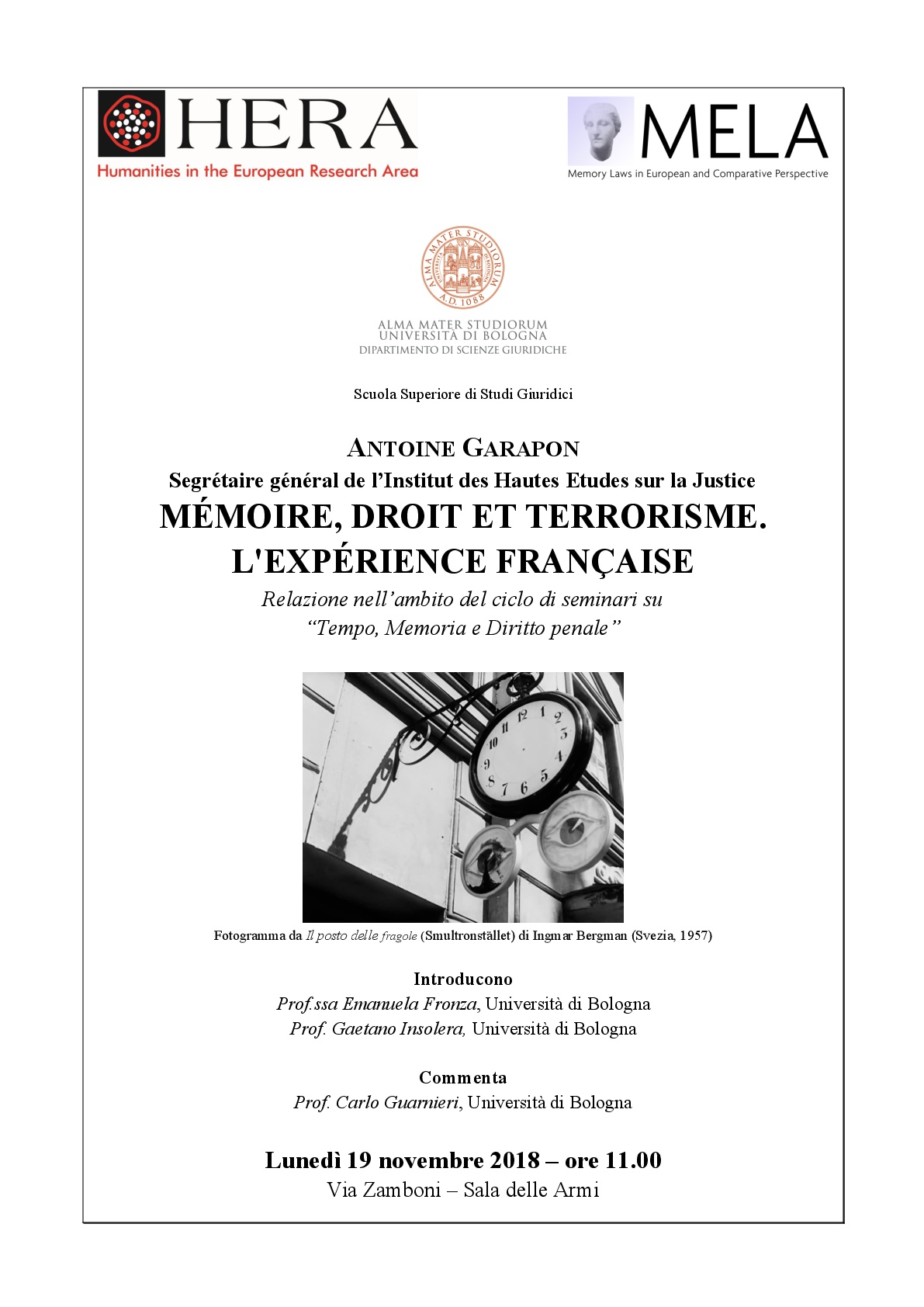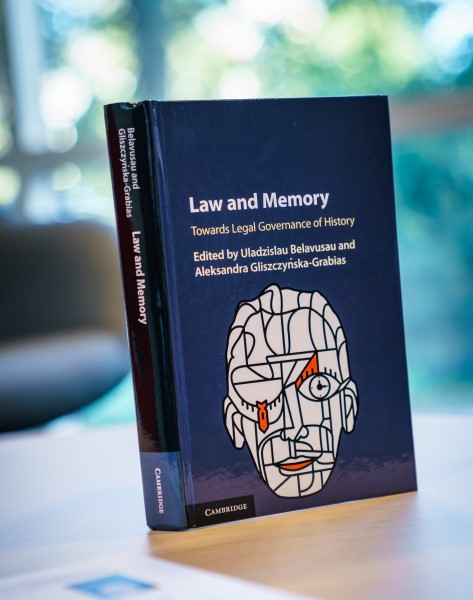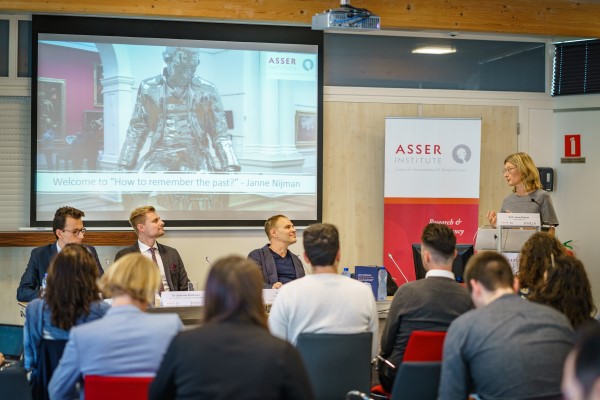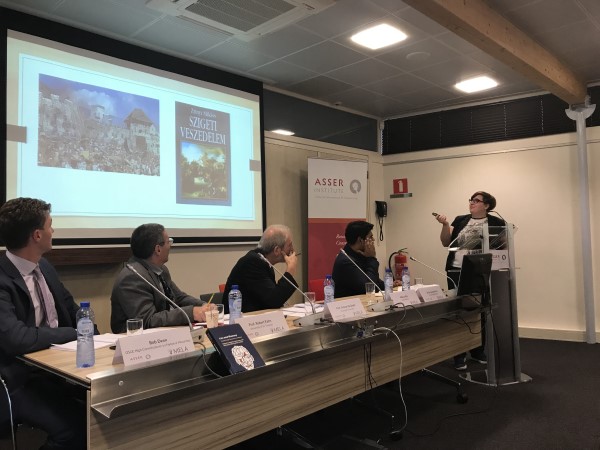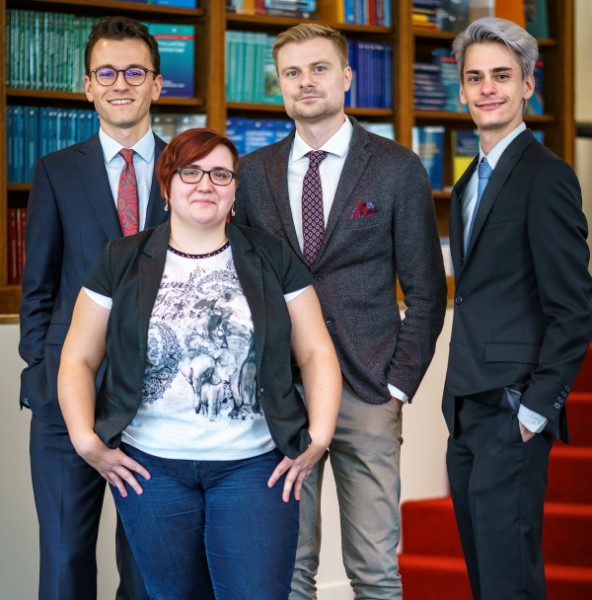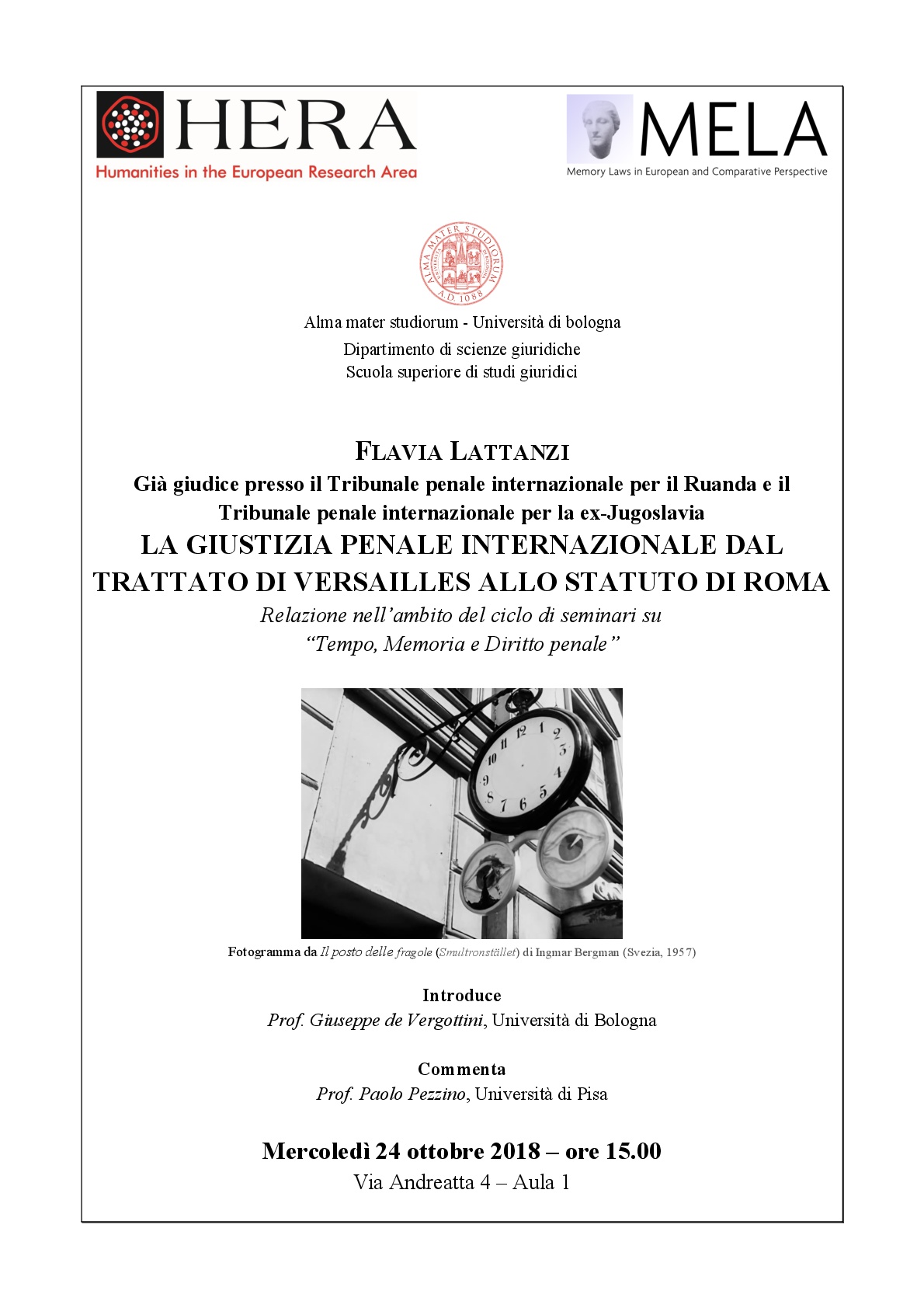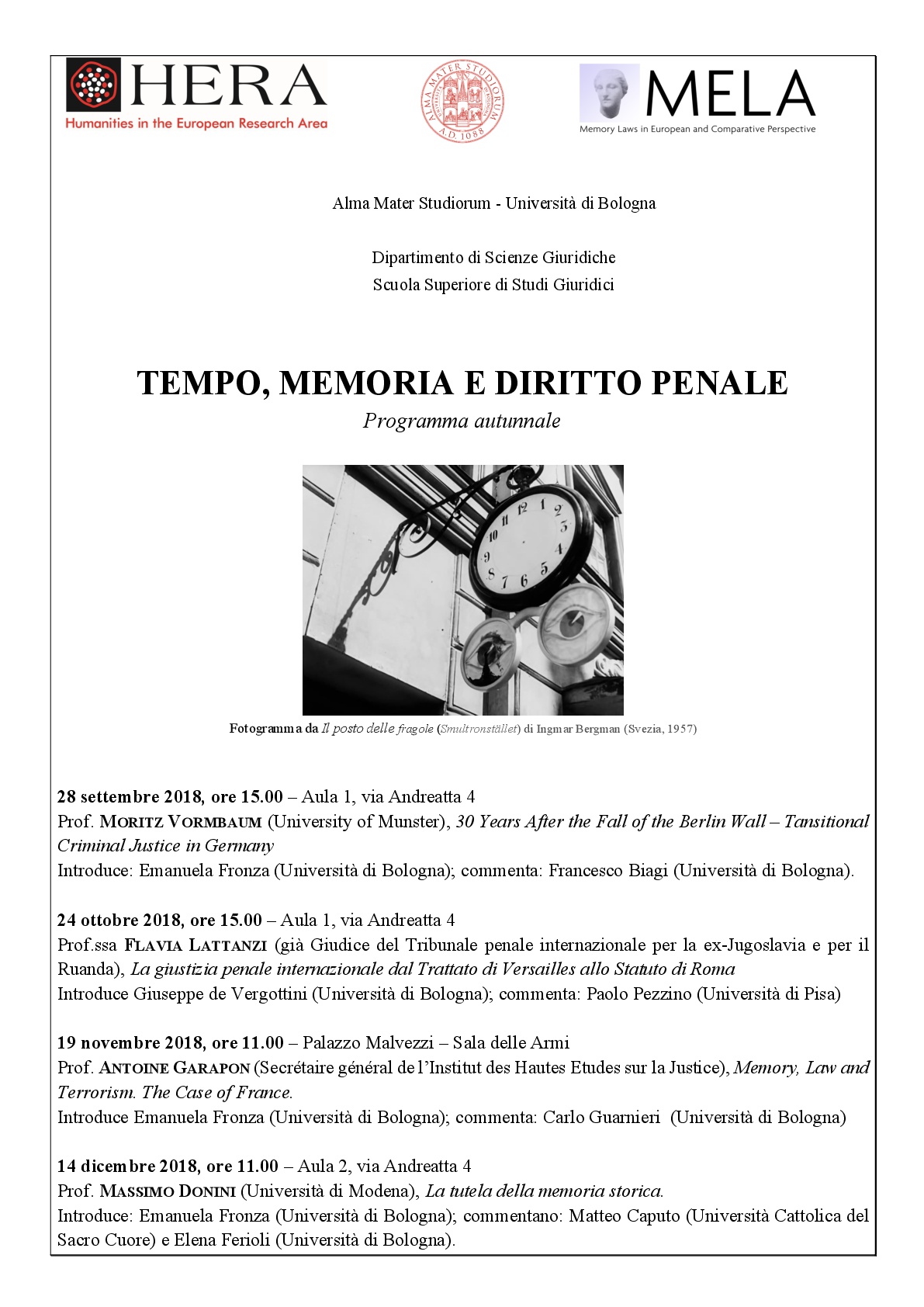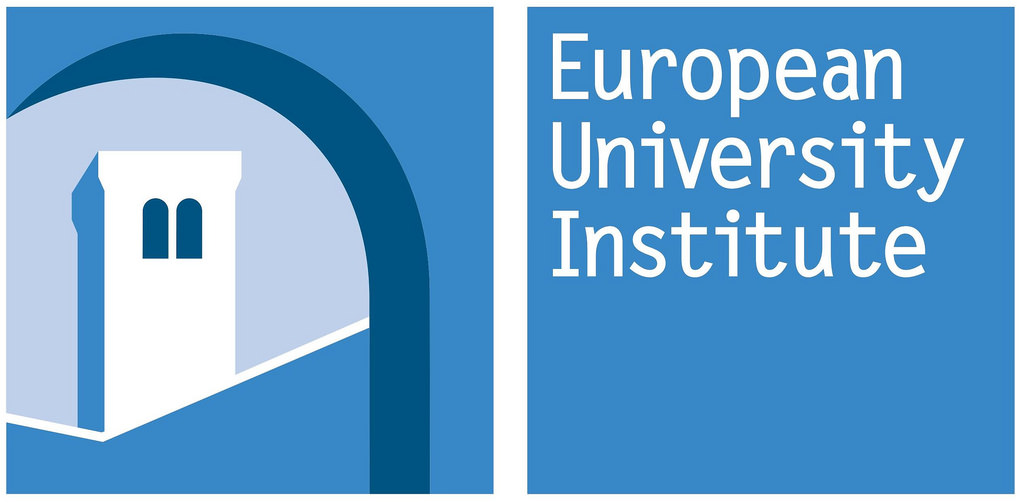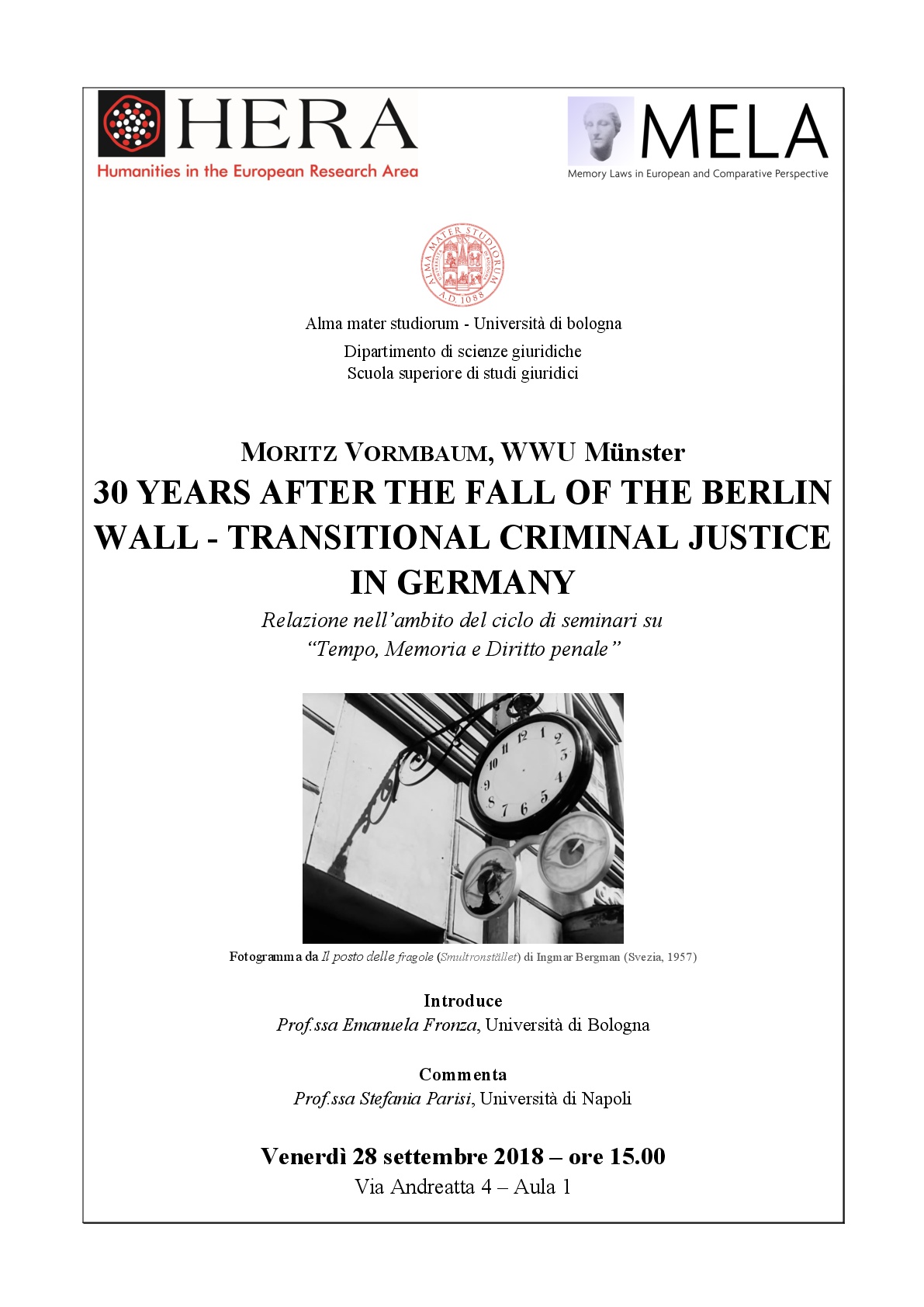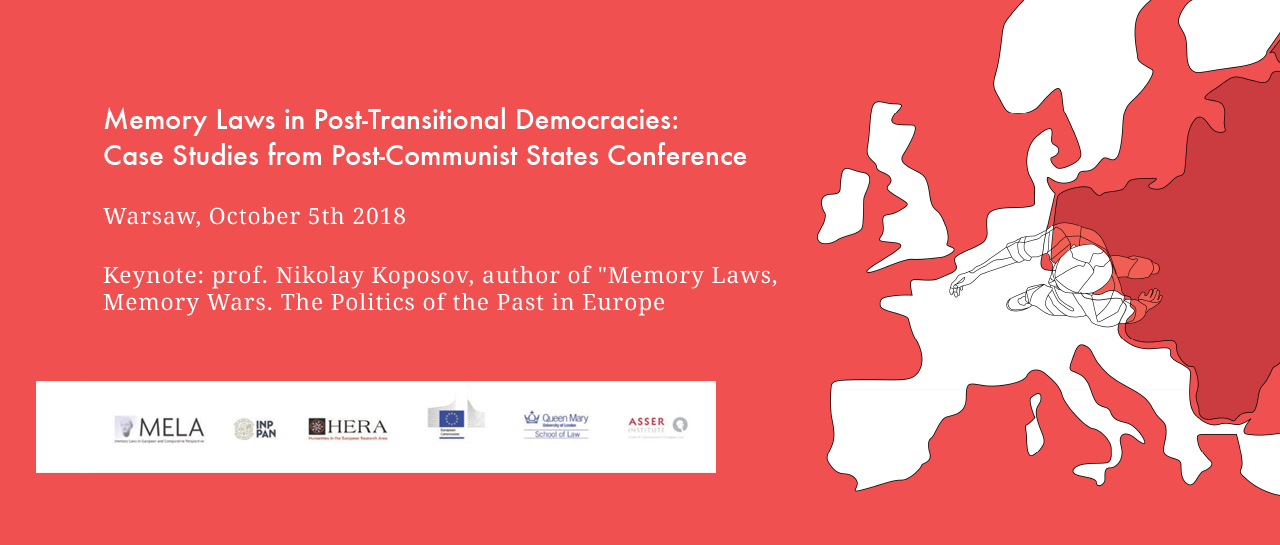"The fight against falsehood can only be fought in an environment of guaranteed pluralism because the key is the conflict of different versions, not the imposition of a 'correct description' of reality" (Daniel Innerrarity, El Pais, 09 May 2018)
On 13 March, the Italian Unit of MELA is proud to host a conference on the very hot topic of fake news: "Democracy as interpretation. About the wrong way of fighting fake news". How do we define true and false? How do we fight the spread of lies without incurring authoritative truth, which is incompatible with democracy? These are some of the issues that our guests will face.
Daniel Innerarity, political and social philosopher, is professor at the School of Transnational Governance of the European University Institute, at the University of the Basque Country and the Ikerbasque Foundation for Science, Spain
Gabriela Jacomella, journalist, writer, researcher and trainer with a focus on disinformation and media literacy, is currently working at the Centre for Media Pluralism and Media Freedom at the European University Institute and she is co-founder of Factcheckers.it.
The two main speakers will be introduced by MELA PI Emanuela Fronza and MELA Senior Researcher Michele Caianiello.
A discussion with Fulvio Cortese (Unitn), Gaetano Insolera (Unibo) and MELA PL Eric Heinze will follow.
